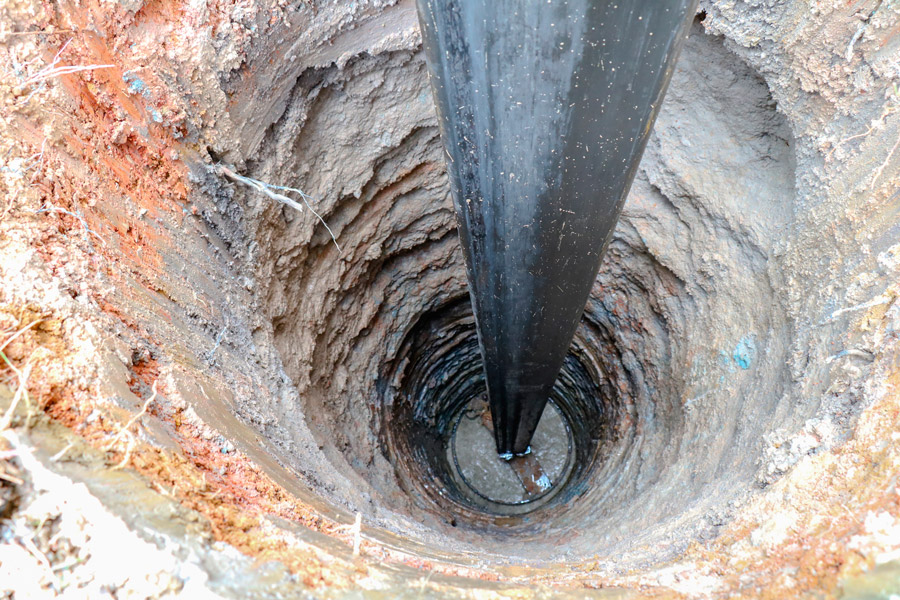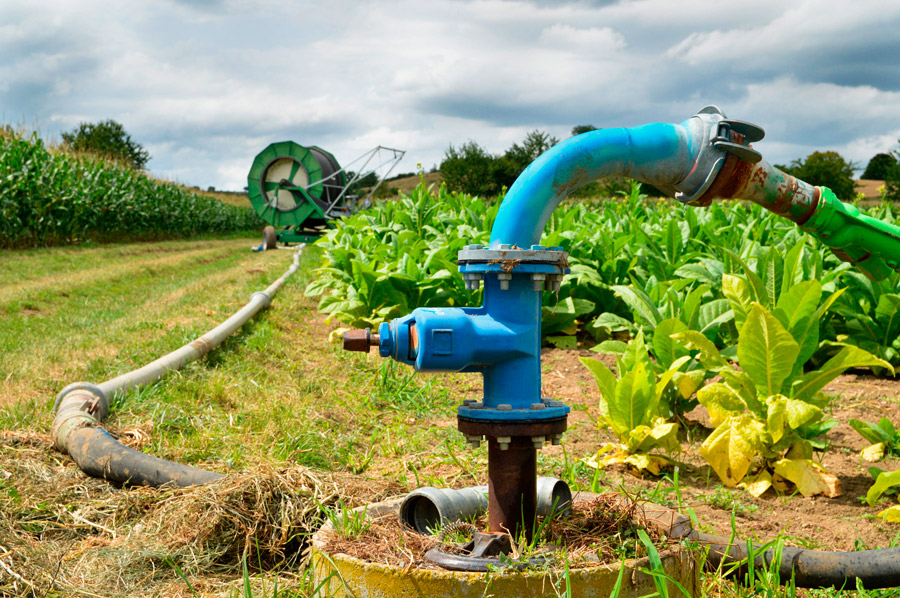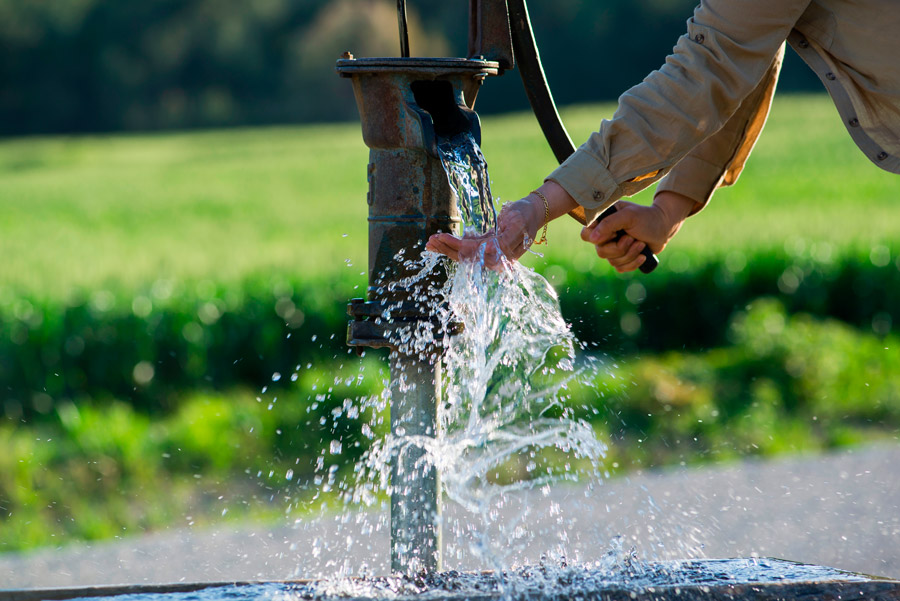Everyone knows hydration is essential for life, so it’s no surprise that water wells play a vital role for many landowners. Without water wells, countless people wouldn’t have convenient and reliable access to clean water, especially in rural communities far from the amenities of urban life. A properly designed and constructed well can provide people with the water they need for domestic, agricultural, and industrial use.
The construction of a water well is far from a simplistic process. There are several factors people need to consider to ensure their well is safe and sustainable. Anyone thinking about installing a well on their property needs to consider the following factors before moving into the construction phase.
Water Well Construction — What To Consider Before Installing A Water Well

Location
Contrary to popular belief, the most significant factor when designing a water well has nothing to do with its literal construction. While the selection of the right materials is undoubtedly important, the priority for landowners should be the careful evaluation of where the well will be constructed. The cliché real estate adage, “location, location, location” goes double when finding the right plot for clean drinking water.
Ideally, water wells should be located in an area with adequate groundwater and far away from any potential sources of contamination. It is also vital to ensure the well is conveniently accessible for continual use, routine maintenance, and operational checks throughout all seasons. It’s also important to consider the average weather in your climate zone and whether there are any issues with drought or irrigation to see if a well is a viable option. Lastly, there may be local environmental regulations to consider before finalizing your well location.
Well Depth
When assessing the ideal area for a water well, it’s important to measure the expected depth you need to get a consistent water supply. While you need the depth of your well to be low enough to get clean water, you also have to ensure it’s not so deep that it becomes too difficult or expensive to drill. The ideal depth for a well depends on multiple features, including the particular geology of the area, the water demand, and the well’s intended use. Be sure you clearly define the purpose of your water well beforehand and request a high-quality topographical land survey when deciding the ideal drilling depth for your well.
Well Construction

Upon establishing the suitable location and depth for your water well, the focus shifts to its construction. Regardless of location, a poorly constructed water well will not yield a dependable and safe water supply.
So, what makes a water well well-constructed? The ideal construction for your situation depends on specific factors, all high-quality water wells need to be cased in durable materials such as PVC or steel to prevent contamination and protect the well from damage. The well should also be properly grouted and have a sanitary seal to prevent the entry of surface water and contaminants. Take the time to determine the necessary equipment and expertise to construct a safe and durable water well.
Well Water Quality
There’s no sense in installing a well if the quality of your water source isn’t safe to use. Order detailed tests of the water in their area—including nearby sources: a pond, ocean, or river—to figure out if it’s fit for use. Pay careful attention to readings for harmful bacteria or contaminants which may render building a well useless. Irrigation experts must carry out regular testing procedures and maintenance updates to ensure the water in your well is safe.
Well Pump
Pumps are an essential element of every well that moves water through your reservoir. Take careful care to evaluate your well’s length, flow rate, and the intended use of the water to figure out which pump is most suitable for your situation. A properly sized pump will ensure a reliable water supply and reduce the risk of a pump failure issue down the line.
Maintenance
Regular maintenance is essential to verify your water well is still in operating order with no signs of damage or contamination. Find a few accredited plumbers or water well experts in your area to provide comprehensive tests on your water well every year. This contact info is also crucial if you need emergency repairs after installing your well.
Legal Considerations

Before commencing the installation of a water well, landowners should also consider the legal implications and requirements. Local, state, or even federal laws may have jurisdiction over water rights, well construction, and usage. It’s important to ensure that the well’s construction complies with all relevant laws and regulations. Permits or licenses may be needed, and these could have strings attached that you must follow.
These laws may relate to the water’s source (groundwater or surface water), how much water can be extracted, and the well’s impact on neighboring water sources. If your property is part of a homeowners’ association or similar body, you may also need to consider any restrictions or requirements they impose.
Always Screen Your Water Well Plan For Safety
Water wells are lifelines for many rural landowners, but they can be frustrating or downright dangerous if they’re not properly constructed. If landowners don’t take the time to evaluate their water’s quality, location, or the construction materials used in their well, they could create an unsafe situation. Take the time and care to double-check every aspect of your plan to make sure you have clean, consistent, and convenient water year-round.
